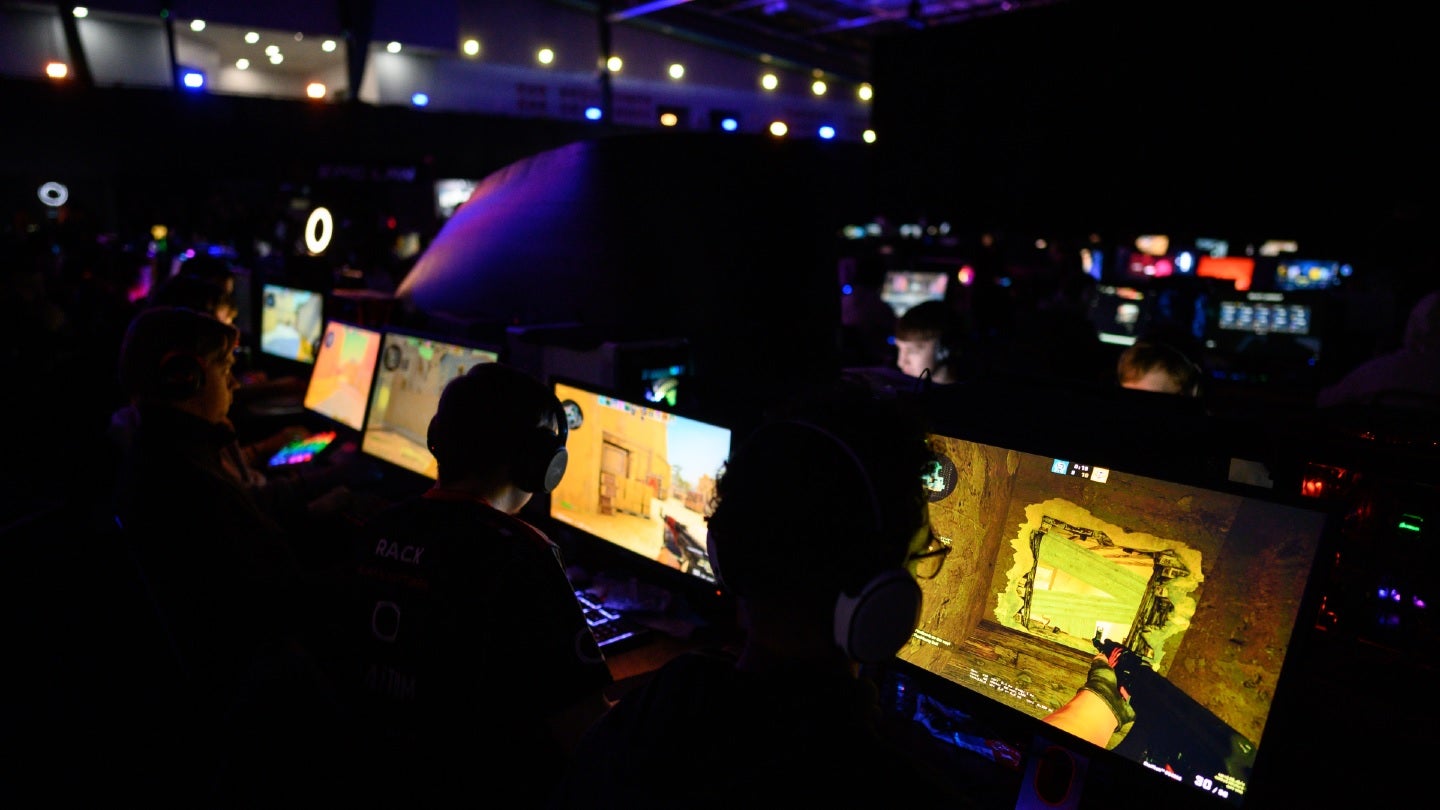The esports industry will be worth $6 billion by 2030 but is facing a number of challenges as it matures, a new report suggests.
According to the 2024 edition of GlobalData’s Esports report, the global esports industry was worth $3bn in 2023, and it will grow at a compound annual rate of 19% from then through 2030. This will be driven by a growing global audience, which Newzoo forecasts will reach 641 million by 2025. That, in turn, will drive continued interest among major brands, with the likes of Coca-Cola and BMW already sponsoring teams and events.
However, the report suggests that esports will face several new challenges as it expands.
“These include diversifying its audience, demonstrating its ability to provide a return on investment and providing a process for converting amateur gamers into professional athletes,” it says.
GlobalData defines esports as organised multiplayer video game competitions, which are typically built around specific games and have a defined set of rules for teams and players to follow. Nielsen’s Esports Fan Insights study found that the average age of an esports fan was 25 and more than three-quarters of fans are male. It notes that there is a higher percentage of female fans among the newest, though.
GlobalData says that monetisation models within esports are evolving alongside the sector itself, with teams and players “exploring physical merchandise, loyalty programmes and exclusive content to create secondary revenue streams.” It also notes that esports companies are listing on stock exchanges and flags the reselling broadcasting rights and co-streaming as trends that are indicative of maturation within the sector.
However, as yet, there is little in the way of consolidated governance. GlobalData’s report identifies the International Esports Federation and the World Esports Association as trying to bring uniformity to esports but says “they have made little progress, and governance remains in flux.”
It also notes that several countries – including South Korea, Japan, and India – have also created regulatory bodies to govern their domestic esports industries and that this “has resulted in further fragmentation, with gaming rules varying from country to country.”
The report continues: “Esports needs an international governing body similar to those found in traditional sports like football, cricket and rugby. As the industry grows, global leadership will be required to develop best practice guidelines and uniformity, which will add to its legitimacy as a mainstream sporting activity.”
A single international governing body would also be necessary for esports to have a chance of being accepted as an Olympic sport, which itself would afford it legitimacy and spur further growth. Despite having been piloted at the 2022 Commonwealth Games, esports will not feature at the 2026 event, and many countries still do not recognise it as a sport.
Nonetheless, in July this year, the International Olympic Committee announced that the inaugural Olympic Esports Games would be held in Saudi Arabia in 2025, following a new partnership with the Saudi Arabian Olympic Committee.









